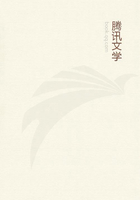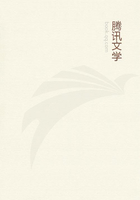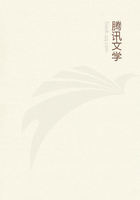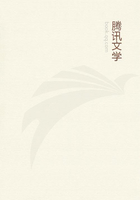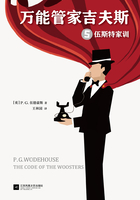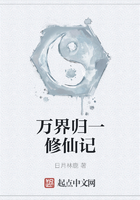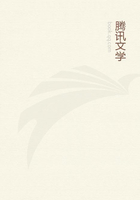Morality and Judgement The relation of the various peoples of the earth to the supreme interests of life, to God, virtue, and immortality, may be investigated up to a certain point, but can never be compared to one another with absolute strictness and certainty.The more plainly in these matters our evidence seems to speak, the more carefully must we refrain from unqualified assumptions and rash generalizations.
This remark is especially true with regard to our judgement on questions of morality.It may be possible to indicate many contrasts and shades of difference among different nations, but to strike the balance of the whole is not given to human insight.The ultimate truth with respect to the character, the conscience, and the guilt of a people remains for ever a secret; if only for the reason that its defects have another side, where they reappear as peculiarities or even as virtues.We must leave those who find pleasure in passing sweeping censures on whole nations, to do so as they like.The people of Europe can maltreat, but happily not judge one another.A great nation, interwoven by its civilization, its achievements, and its fortunes with the whole life of the modern world, can afford to ignore both its advocates and its accusers.It lives on with or without the approval of theorists.
Accordingly, what here follows is no judgement, but rather a string of marginal notes, suggested by a study of the Italian Renaissance extending over some years.The value to be attached to them is all the more qualified as they mostly touch on the life of the upper classes, with respect to which we are far better informed in Italy than in any other country in Europe at that period.But though both fame and infamy sound louder here than elsewhere, we are not helped thereby in forming an adequate moral estimate of the people.
What eye can pierce the depths in which the character and fate of nations are determined?--in which that which is inborn and that which has been experienced combine to form a new whole and a fresh nature?--in which even those intellectual capacities which at first sight we should take to be most original are in fact evolved late and slowly?
Who can tell if the Italian before the thirteenth century possessed that flexible activity and certainty in his whole being--that play of power in shaping whatever subject he dealt with in word or in form, which was peculiar to him later? And if no answer can be found to these questions, how can we possibly judge of the infinite and infinitely intricate channels through which character and intellect are incessantly pouring their influence one upon the other.A tribunal there is for each one of us, whose voice is our conscience; but let us have done with these generalities about nations.For the people that seems to be most sick the cure may be at hand; and one that appears to be healthy may bear within it the ripening germs of death, which the hour of danger will bring forth from their hiding-place.
Morality and Immorality At the beginning of the sixteenth century, when the civilization of the Renaissance had reached its highest pitch, and at the same time the political ruin of the nation seemed inevitable, there were not wanting serious thinkers who saw a connexion between this ruin and the prevalent immorality.It was not one.of those methodistical moralists who in every age think themselves called to declaim against the wickedness of the time, but it was Machiavelli, who, in one of his best-considered works, said openly: 'We Italians are irreligious and corrupt above others.' Another man would perhaps have said, 'We are individually highly developed; we have outgrown the limits of morality and religion which were natural to us in our undeveloped state, and we despise outward law, because our rulers are illegitimate, and their judges and officers wicked men.' Machiavelli adds, 'because the Church and her representatives set us the worst example.'
Shall we add also, 'because the influence exercised by antiquity was in this respect unfavorable'? The statement can only be received with many qualifications.It may possibly be true of the humanists, especially as regards the profligacy of their lives.Of the rest it may perhaps be said with some approach to accuracy that, after they became familiar with antiquity, they substituted for holiness--the Christian ideal of life--the cult of historical greatness.We can understand, therefore, how easily they would be tempted to consider those faults and vices to be matters of indifference, in spite of which their heroes were great.
They were probably scarcely conscious of this themselves, for if we are summoned to quote any statement of doctrine on this subject, we are again forced to appeal to humanists like Paolo Giovio, who excuses the perjury of Giangaleazzo Visconti, through which he was enabled to found an empire, by the example of Julius Caesar.The great Florentine historians and statesmen never stoop to these slavish quotations, and what seems antique in their deeds and their judgements is so because the nature of their political life necessarily fostered in them a mode of thought which has some analogy with that of antiquity.
Nevertheless, it cannot be denied that Italy at the beginning of the sixteenth century found itself in the midst of a grave moral crisis, out of which the best men saw hardly any escape.

